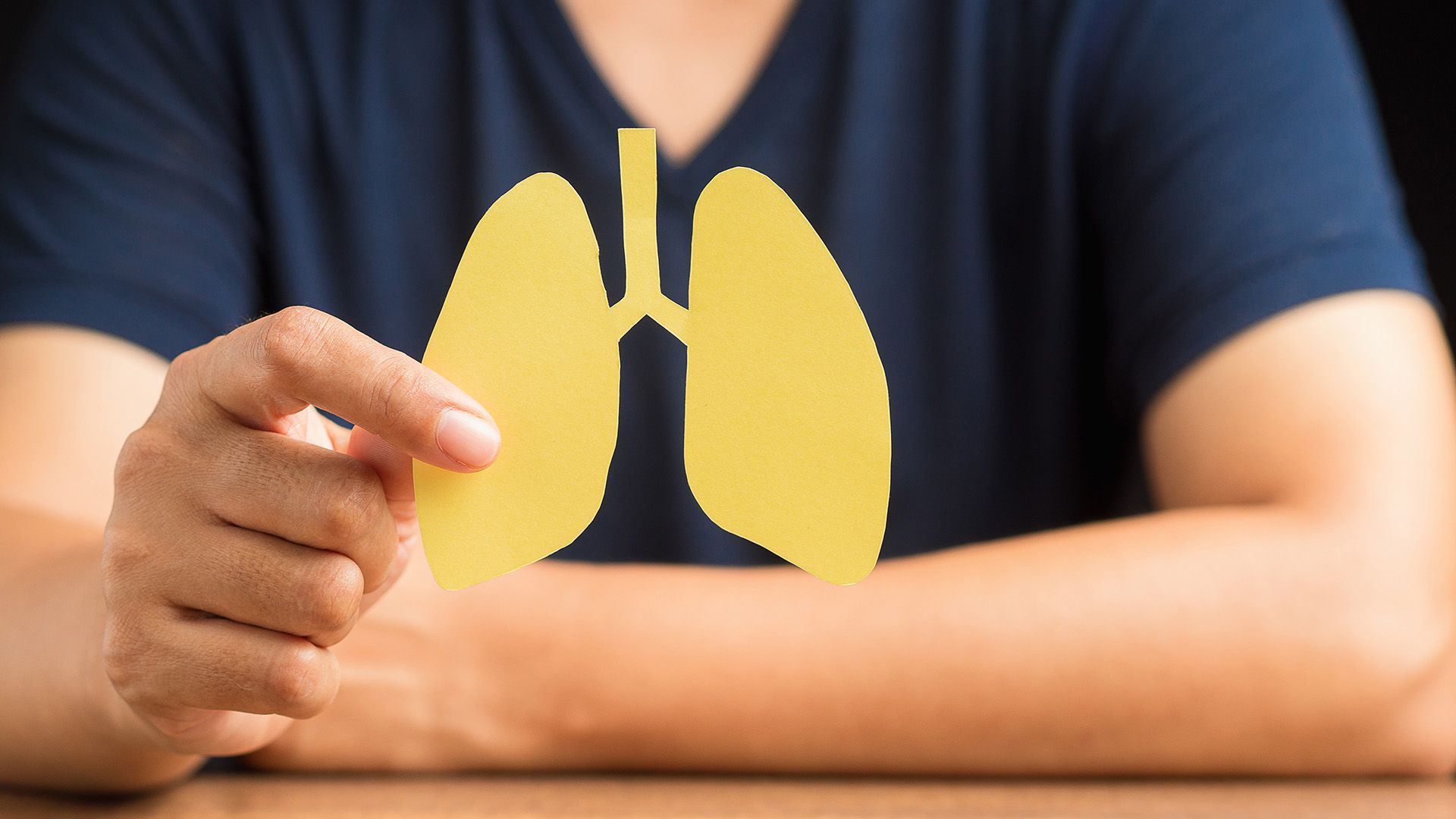Hidden potential danger lurks in the soil
Tetanus vaccination can be a lifesaver
Parents, home gardeners, and those who work with soil and animals should be aware of the need for staying up to date with regular tetanus vaccinations.
“The speed of onset of tetanus was recently highlighted when a keen home gardener developed symptoms just five days after working with compost with their bare hands,” says Dr Pete Vincent of Netcare Medicross Tokai.
Tetanus from Clostridium tetani, gram positive bacillus can be picked up from soil or compost. Sometimes referred to as ‘lockjaw, Dr Vincent points out that tetanus is a highly preventable disease.
“The tetanus vaccination is readily available, and I strongly urge people to check they are covered by this important vaccine, as contracting tetanus is a horrific experience, and it can also sometimes be deadly if not addressed in time,” he says.
“As general practitioners, we need to consider the potential risk of tetanus for any injury our patients may come to us with and check whether their tetanus vaccinations are up to date. If they aren’t, or if they can’t remember when last they had a vaccination, the doctor will ask them to get inoculated. This provides a full ten years of protection.”
He explains that the tetanus vaccination comes in two forms. One is a single vaccination called Tetavax. The other, Adacel Quadra, is a combination vaccine with three other ingredients that give the patient protection against polio, diphtheria, whooping cough, and tetanus.
Tetanus frequently asked questions
When should you consult a doctor if you’ve hurt yourself?
Dr Vincent stresses that if you haven’t had a tetanus inoculation within the past ten years or can’t remember when last you had one, you should see your doctor straight away.
“If your wound is dirty, deep, has foreign objects in it, or was caused by contact with an animal, see your doctor immediately. This also applies if there has been any contact with soil or anything potentially contaminated with animal or human faeces, rust, or saliva. A contaminated wound will require a consultation with a doctor even if your tetanus shot is up to date,” says Dr Vincent.
“If you’re diabetic or immunocompromised, these would also be reasons to go to your doctor as soon as possible to be safe.”
However, if you’ve had a tetanus shot in the past ten years, and your injury is shallow, small and clean, you can most likely care for your wound at home.
Where are the bacteria that cause tetanus found?
Tetanus is caused by a bacterium called Clostridium tetani. Its spores live in soil and faeces, often in a dormant state, until they find a suitable place to grow. They can enter the body through a break in the skin, from even the smallest wound, cut or burn. “The bacterium is found in compost, manure and dust and can be present in the blood and body fluids of infected animals,” Dr Vincent adds.
Dr Vincent cautions that newborn babies are susceptible to tetanus if proper umbilical hygiene isn't maintained, emphasising the importance of keeping the umbilical cord stump clean and dry.
How serious is tetanus?
“Tetanus has an incubation period of seven to ten days. It releases a toxin which affects the nerves associated with muscles.”
Dr Vincent stresses that tetanus can be potentially fatal. “Don’t take a chance on it. It can result in death, even in healthy people. Rather, let your doctor assess the situation and advise on your treatment plan.”
Why is tetanus also called lockjaw?
Tetanus often begins with slight spasms in the jaw and face muscles, which can cause the jaw to lock in place.
What other severe symptoms of tetanus do sufferers experience?
Dr Vincent explains that during the resulting muscle spasms, a person with tetanus can experience severe breathing problems. “The spasms can be so severe that they even have the potential to cause broken bones. A person with tetanus can develop pneumonia or a pulmonary embolism, which can lead to death. Tetanus can also be fatal when the spasms damage the nerves that control breathing, the heart or other organs.”
Added benefits of the combination vaccine for grandparents
“The importance of Adacel Quadra is that it is the only adult vaccination which also gives protection against whooping cough,” explains Dr Vincent. He strongly suggests that grandparents receive this vaccination every ten years, especially if there is a new grandchild on the way.
“This then provides the newborn with a cocoon of protection from whooping cough as their mother would receive the vaccination at 37 weeks gestation at each pregnancy. The father should have received the vaccine with their first child.
“The cocoon effect helps to ensure that everyone who has contact with the newborn is protected against whooping cough and, therefore, will not be at risk of passing on the disease, which could be truly devastating.”













